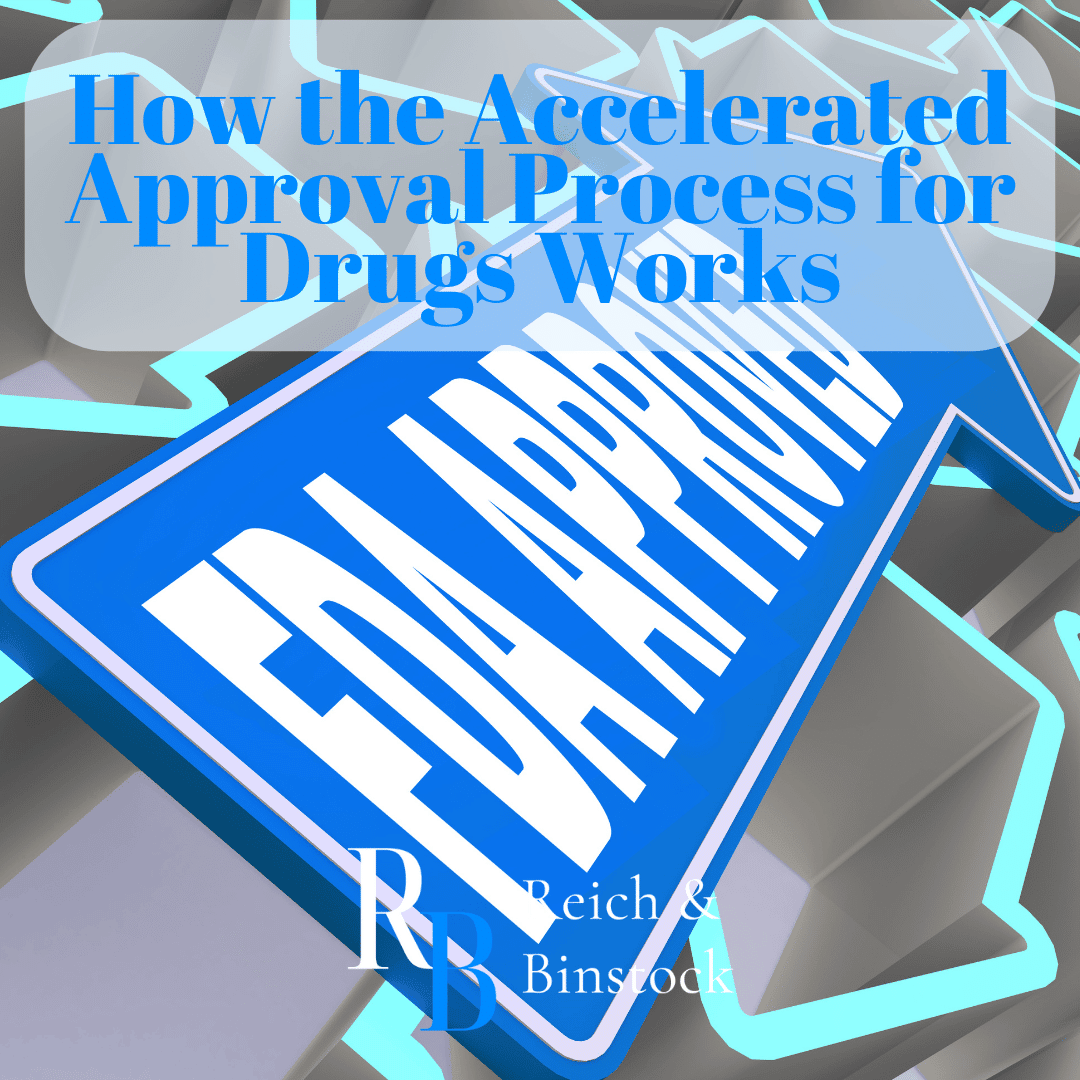The path for prescription drugs to get approved and introduced on the market here in the United States is a multi-level process. Its manufacturer must generally get the preliminary go-ahead from the U.S. Food and Drug Administration’s (FDA) Center for Drug Evaluation and Research (CDER) before they can move forward with the critical testing stage. Some drugs get fast-tracked though thus bypassing stringent analysis of it though.
FDA Guidelines for Expedition
FDA guidelines allow for the introduction of some drugs to the market to be expedited. A manufacturer may apply for Accelerated Approval if they can show that the drug may have potential life-saving benefits. This is especially the case if it can help those suffering life-threatening conditions.
The FDA generally requires that manufacturers applying to have the approval of their drugs accelerated demonstrate that it has a certain, predictable clinical benefit to patients. The FDA may fast-track the approval of drugs that are expected to lead to an improvement in patients’ conditions over time as well.
Federal officials require manufacturers of any drugs that are fast-tracked to continue to measure their effectiveness. These pharmaceutical companies may have to perform clinical trials and regularly report their findings. If the drugs fail to live up to expectations then the FDA may withdraw its approval to be sold on the market. For more information on this topic, read our related blog: What Does FDA Approval Mean?
Life-Prolonging Drugs That Have Been Fast Tracked by the FDA
Many life-prolonging drugs that can be used to treat cancer and human immunodeficiency virus (HIV) have been introduced to the market after being fast-tracked by the FDA. Even though some drugs have helped patients, others have failed them. Not all have been safe.
You’ll want to consult with a pharmaceutical injury attorney if you’ve experienced a health decline after taking one of these fast-tracked drugs. Your drug injury lawyer may advise you of your right to take legal action against that drug’s manufacturer for not having thoroughly tested the drug before making it available on the market if you’ve been hurt by it.













